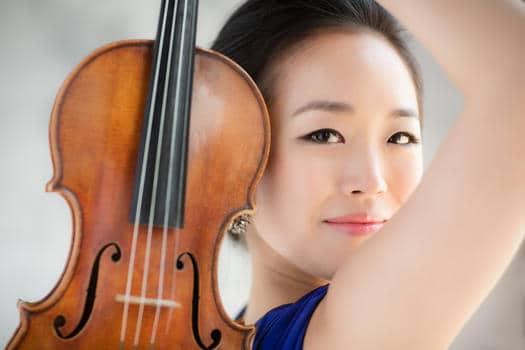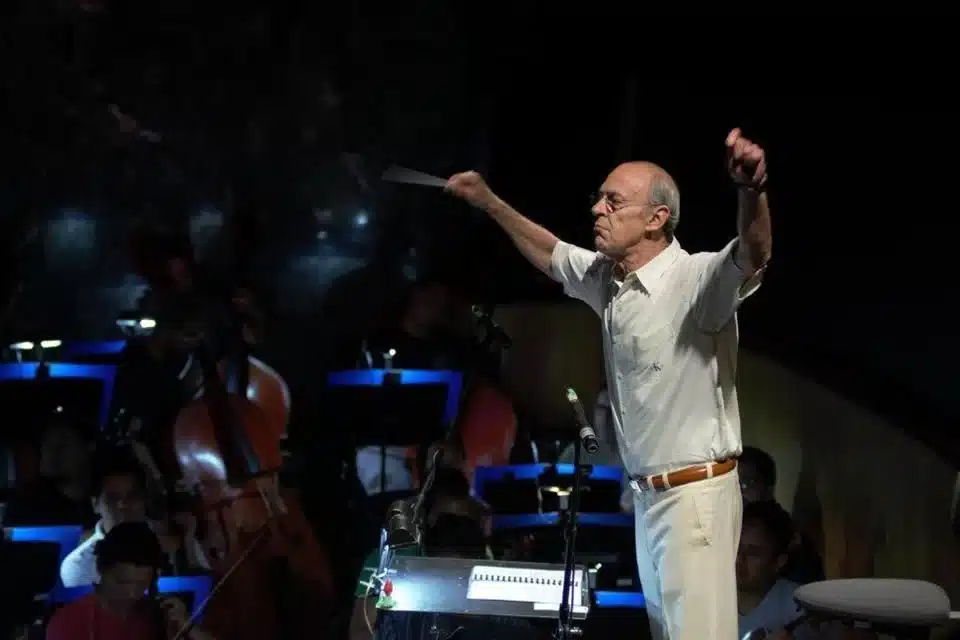A composer asks: Why do we still write symphonies?
mainThe question is posed by James MacMillan in the new issue of Standpoint magazine. He provides a list to show the symphonic impulse is still alive and well, still the benchmark of creative ambition:
Hans Werner Henze wrote ten. Alfred Schnittke also wrote ten, and so far Peter Maxwell Davies has also written ten. Michael Tippett wrote four. It was obviously a viable form and concept for these titans of modern music. But there are many others who would never have given the question a second thought — Boulez, Birtwistle, Lachenmann. Is it just the more “conservative” composers of our time who are interested in the symphony? No doubt there will be strident voices from the avant-garde hard-line who would maintain just that. But what makes Maxwell Davies conservative? Perhaps this leads to the impossibility of defining the word and idea. Can anything be a symphony now? Galina Ustvolskaya’s Fifth Symphony is about ten minutes long, scored for only five players and involves an actor reciting the Lord’s Prayer in Russian. Her Fourth Symphony is for voice, piano, trumpet and tam-tam and lasts only six minutes. Concepts of musical conservatism and radicalism have a tendency to wax and wane in our own time, so who knows how the self-proclaimed radicals of our age will be viewed decades hence?
But is it? Read the full essay here.






What was ‘radical’ half a century ago, is now conservative. So, what is ‘radical’ now, could not possibly be something that was ‘radical’ half a century ago.
And the other way around. Ergo: such concepts have worn-out their meaning and smell of hip dust.
The ‘symphonic idea’ is a great challenge: to fill-out a long stretch of music that can stand on its own without the Lord’s Prayer as scaffolding (which should be nothing more than a bonus), and which can keep the interest going on the basis of the quality and develoment of its material. It is a timeless thing, the symphonic idea. Great that there still are composers daring to embark on such endeavor, with so many symphonies in existence.
It’s a pity that Boulez and Birtwistle never wrote a symphony, because they had already the right first letter in his family name. As we know, to write a symphony your family name has to begin with a B: Bach, Bozart, Baydn, Beethoven, Brahms, Bruckner, Bahler, etc. In case a composer with symphonic ambitions sadly misses the B, he should identify so strongly with the symphonic concept that one day, the B automatically appears in his passport. There simply is no other road towards sublimity. (To B, to B, or not to B, that’s the question.)
B composers